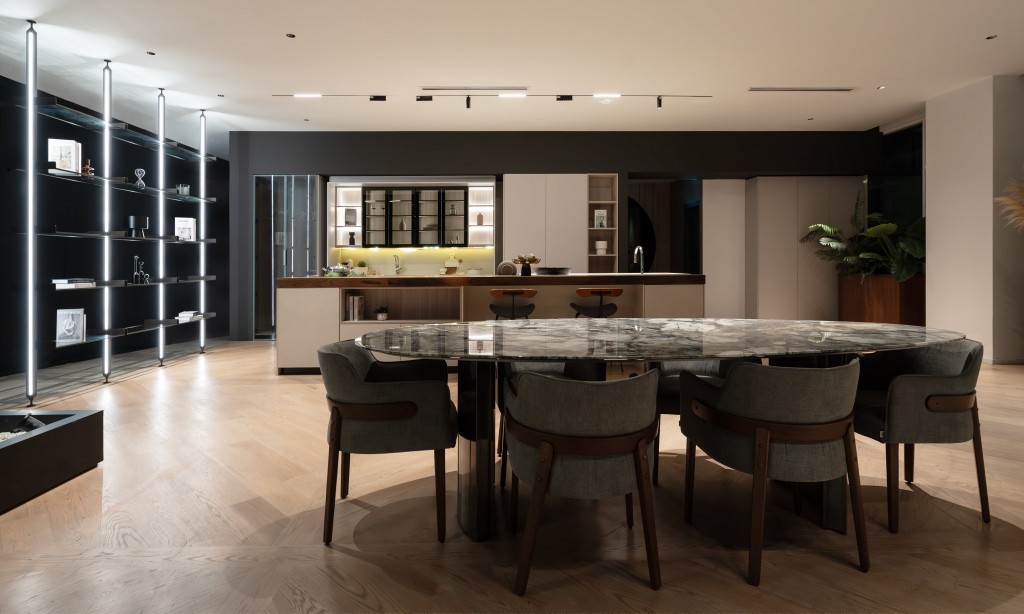BY CAITLYN NG LI YUIN
liyuin@ocision.com
If you've ever admired the beauty of someone's home interior, chances are, the paint colours were carefully chosen in order to create an impact upon first impressions. You, too, can ensure your home goes from drab to fab with these 4 quick tips.
When you buy a home, it can either be a sub-sale or from a brand new project. You may have made your final decision based on the strategic location, or due to the extensive number of facilities and amenities in the vicinity.
It is only when you have moved in to the premises that you take a good look around and start planning on how you can spruce up the interiors and make it feel more like home.
The first step to take in any major makeover, would be to choose the right paint colour that will be able to enliven the rooms. So how do you go about choosing the proper one for each room? Here, we've got a quick and handy guide to help you along the way.
1) Search for inspiration
If you have a favourite item, such as a piece of artwork, set of dishes, or a well-loved accessory, then you can use the colours on it to give you inspiration on what to choose as the main or accent colour.
The right blend of colours, whether complementary or clashing, can enlarge a room, hide flaws and even create a specific mood. Consider how different areas of the house will have separate activities, as you would want to ensure that the right choice reflects that.
2) Select paint finish
There are several types of paint finish that can determine how vivid the colours will appear, plus the level of ease to clean the surface the next time. The finishes range from a chalky 'flat' to a reflective 'semi-gloss'.
If your room is a high-traffic area, you can consider getting a flat finish, as the matte surface have superior scrubability and absorbs light. To add some character or drama to a room, the semi- or high-gloss finish would be ideal, since they show off the richness of the hues.
3) Take precautions
When paint dries, it can sometimes be a few shades darker than what it really is, while the samples may not be a true reflection of the real hue. To avoid getting the wrong shade, paint a small portion of the wall with the chosen colour.
See how it looks like at different times of the day, from dawn to dusk, which is the truest colour test. The types of lighting utilised will also play a part, whether incandescent or fluorescent bulbs are used.
4) Walk into another room
See how each room connects by the way the colours flow from one to another, by taking a walk through each one and visualising the hues that you have planned. If there is a smooth synergy between each area, then you know you have a perfect composition.
If you are not certain how to make sure there is a continuity between each room, start with the formal areas of the house, like the living room or the entry way. Choose your colour scheme for those areas, then select one colour from the arrangement to be the main or accent in the other more private areas.
Colour is so much a part of our lives, and readily accessible, so make sure you are daring enough to play around with the palette of hues and above all, approach the process as a fun adventure!

















































